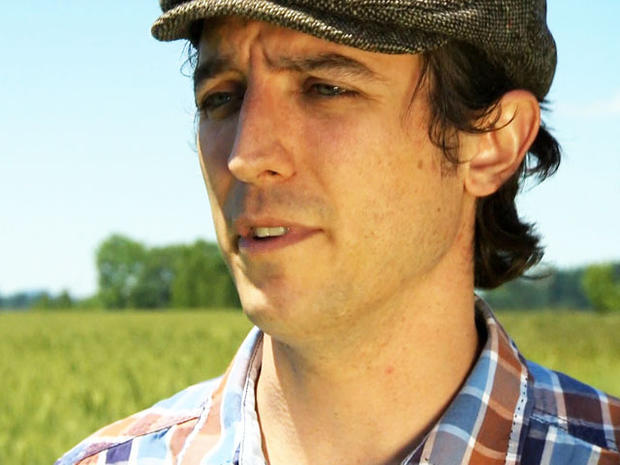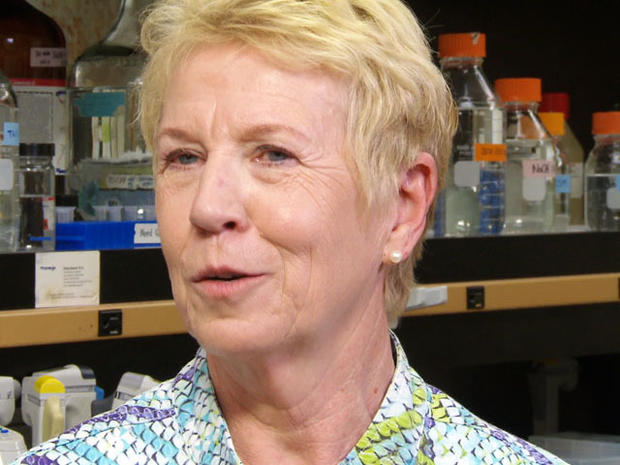How did genetically altered wheat end up in Oregon field?
(CBS News) CORVALIS, Ore. - The U.S. Department of Agriculture has sent investigators to find out how genetically modified wheat ended up growing in Oregon. It is not approved for commercial use, and many countries won't buy American wheat if there is a chance it's been genetically modified.
Monsanto, which developed it, does not know how it happened but would not rule out sabotage.
Clint Lindsey sells almost all of the wheat he grows near Portland to countries in Asia. The discovery of genetically modified wheat in eastern Oregon has his customers worried.
"Our company sells to a grain exporter that was dealing with Japan and has had its next shipment put on hold," Lindsey said. "So unless that gets started up again, we could potentially be sitting on a lot of conventional wheat this fall."
Lindsey said it costs them "hundreds of thousands of dollars a year."
The problem began when a farmer who has not been identified noticed that wheat he treated with herbicide did not die. Researcher Carol Mallory-Smith tested the plants at Oregon State University.
Kansas farmer sues over GMO wheat discovery
Nonapproved strain of genetically modified wheat discovered in Oregon
Supreme Court sides with Monsanto on seed suit
"I found that they were Roundup-resistant transgenic," she said, meaning they are genetically modified.
Mallory-Smith said she was surprised at the find, adding, "To me, it's still a real mystery about how it got there."
The samples have the same genetic trait found in wheat that seed company Monsanto began testing in Oregon and 15 other states in 1998. It was being developed to resist Monsanto's weed killer Roundup. The variety was never approved for commercial use.
But those field tests ended in Oregon in 2001, so the question now is, more than a decade later, where did the genetically modified seed come from?
Monsanto declined our request for an interview, but the company says tests on 30,000 plant samples in Oregon and Washington state did not find any other signs of genetically modified wheat.
The Food and Drug Administration says the modified wheat would be fit for human consumption, but Japan and South Korea have suspended some U.S. shipments. Those countries have strict bans on genetically modified wheat.
"The question is, how many other fields are contaminated?" Lindsey said. "I think it's probably a matter of time before they find more."
While investigators look for answers, Clint Lindsey is looking for storage space. He needs somewhere to put his wheat if he can't send it overseas.


